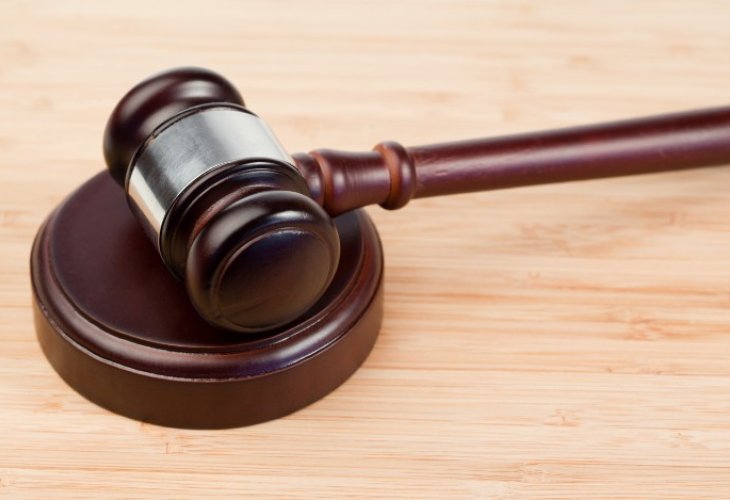Jewish Law
Civil Court vs. Torah Law: What Does Halacha Say?
Can a Jew sue another Jew in civil court? This guide explores halachic sources and the proper path for justice

Disagreements and financial disputes happen in every society. But for Jews committed to living according to Jewish law, there’s a clear directive about how such issues must be handled. The Torah commands us to seek judgment in Torah courts (Batei Din) rather than secular ones.
The source for this is in the Talmudic Baraita from Tractate Gittin, which explains the verse, “And these are the judgments that you shall set before them” (Shemot 21:1) meaning, “before them” (Jewish judges), and not “before the nations.” Even if a non-Jewish or secular court rules in a way that matches Torah law, halachah forbids us from taking a case there.
The Rambam (Maimonides) in Hilchot Sanhedrin (Chapter 26:7) writes strongly about this:
“Anyone who brings a case before non-Jewish judges even if their legal system mirrors Jewish law, is wicked. It is as if he has blasphemed and raised a hand against the Torah of Moshe Rabbeinu.”
This ruling is also brought in the Shulchan Aruch (Choshen Mishpat, Section 26), where both the Tur and Maran codify that litigating in secular courts is not just discouraged, but considered a serious violation.
But what about today, in the State of Israel, where the judges are Jewish?
Despite being Jewish, most Israeli civil court judges do not rule according to halachah, and are generally not trained in the in-depth legal principles of the Torah. Therefore, halachically, there is no essential difference between being judged by a non-Jewish judge in another country and a secular Jewish judge in Israel. In both cases, Torah law is not being used to determine the outcome.
Rabbi Tzvi Pesach Frank, the former Chief Rabbi of Jerusalem, addressed this directly in a letter to a religious lawyer who had questioned this stance. He explained that the prohibition is not about the judge's nationality, but rather about the system being honored. When a Jew takes another Jew to a secular court, they are giving validation to a non-Torah legal system. Rabbi Frank went so far as to say that a Jew who chooses to rule based on secular law is even more blameworthy than a non-Jewish judge, since the Jew is obligated to uphold Torah law and is choosing to ignore it.
This view is supported by other great Torah figures, including the Chazon Ish and Rabbi Yitzchak Herzog, who also warned against relying on civil courts for matters that should be judged according to halachah.
What About Lawyers?
Rabbi Ovadia Yosef, addressed the question of Jewish lawyers being involved in such cases. He ruled that a Torah-observant lawyer must not represent a plaintiff who is suing another Jew in secular court. Doing so would be assisting in a transgression and strengthening a practice that halachah clearly opposes.
However, there are exceptions. If a Jew is being sued against his will in civil court, and is forced to appear there, then it is permitted for a lawyer to represent the defendant, since he did not choose this path. Similarly, in situations where someone has no other option and must go to court to protect themselves or recover losses, a lawyer may be allowed to represent them in order to “rescue the oppressed from the hand of the oppressor.”
Still, in all cases, such a lawyer should consult with a reliable Torah authority, a respected posek (halachic decisor), to make sure everything is done in the most halachically correct way.
Seeking Justice the Right Way
Ultimately, the goal of halachah is not just fairness, it’s divine truth and sanctity. By choosing a Beit Din, Jews bring holiness into the process of resolving disputes, keeping the Torah at the center of their lives. In a world where secular systems dominate, this can feel challenging but it’s also a deeply meaningful expression of faith and commitment.
Before taking any legal step, especially one involving another Jew, it’s important to pause and ask: Am I seeking justice in a way that reflects the Torah’s wisdom and values? If the answer isn’t clear, seek guidance from a rabbi who can help you walk this path with integrity.

